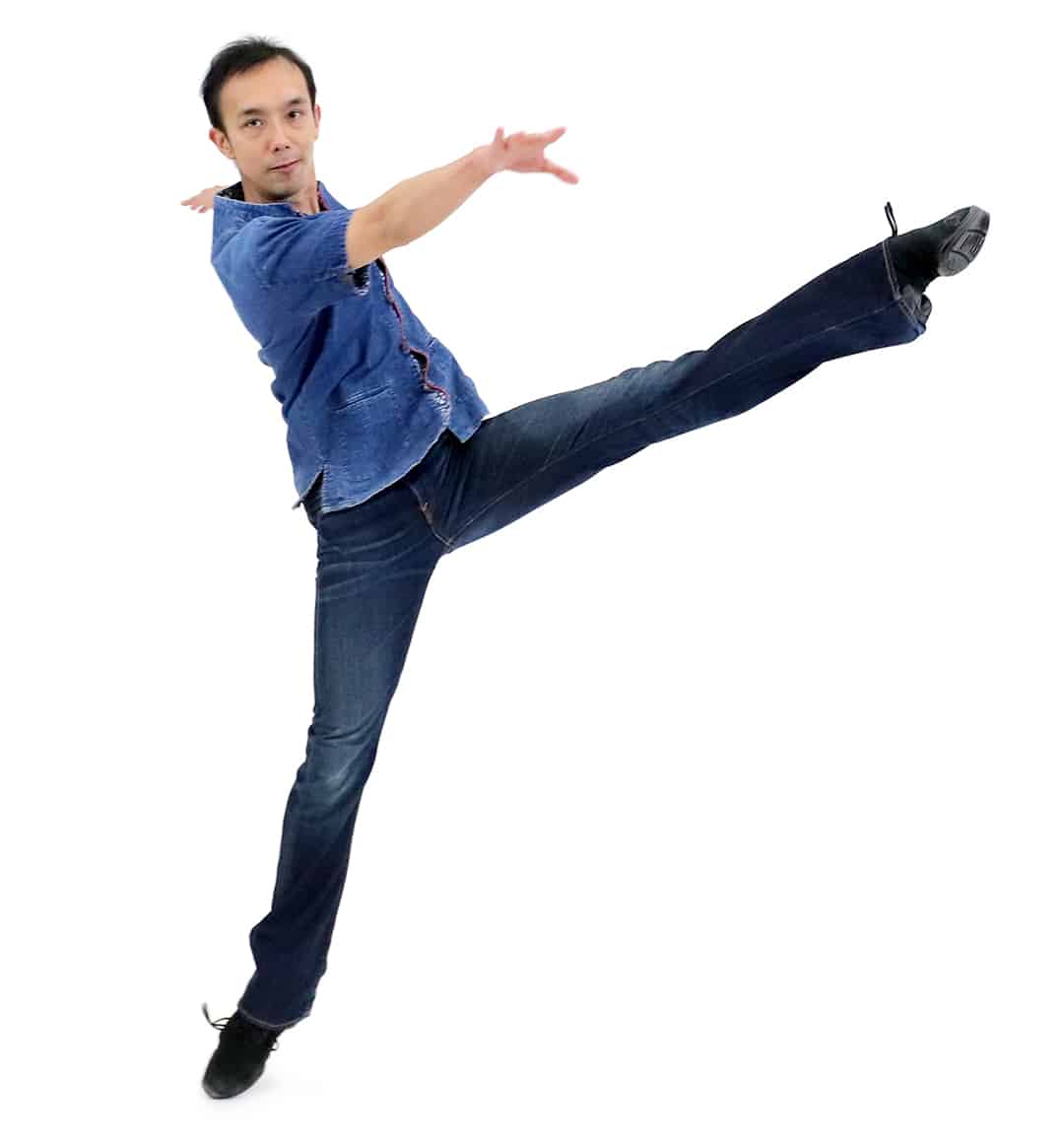
Hiroto Saito’s Story
Hiroto Saito
Kobe, Japan
Company Member Since 2016
I was seven years old when I started dancing. Out of the blue, my father took me to a ballet studio — I was a hyperactive kid, and he wanted me to find an outlet for my energy.
I had a great teacher named Shoichiro Sadamatsu, who taught me every Monday night in a boy’s class until I left to study further in London, England. Shoichiro Sadamatsu is the 1982 winner of the Prix de Lausanne Scholarship and I was fortunate to be taught while he was in his prime. I used to love watching him dance onstage from the down-stage side wings and I was in awe of how clean and precise his technique and presentations were! I also looked up to Tetsuya Kumakawa who won the Prix de Lausanne in 1989. Watching him on TV inspired me to become a professional dancer who would dance in a company outside of Japan. I also loved watching Rudolf Nureyev and Mikhail Baryshnikov.
As a young dancer my classmates would call me a sissy and this made me furious. I think this is one of the most common myths about male dancers — being labeled a sissy and weak. Learning dance requires strengths both physically and mentally. It requires much harder work than learning how to swim or train in martial arts. I can speak from experience — I did both while I was doing ballet. Facing yourself in the mirror, wearing tights and knowing you have to be better than your last class is the ultimate challenge. It is the opposite of weakness.
When I started ballet, there was a girl that was in my class who used to go to the same elementary school. I did not want her to share that I was doing ballet. However, she told everyone in my class outside the ballet studio. I got so mad that I did something I am not so proud of even for a 7 or 8 years old. It became an incident. I hated when classmates called me names, but I learned to be open about doing ballet, and as a result, some friends accepted it without any judgements at all, which was a great blessing. They even came to see me perform and all of them were impressed.
My mentor was Shoichiro-sensei which means teacher in Japanese. I still regard him as my teacher when I go back home to Japan to visit and take a ballet class. Another great mentor was Mr. Anthony Dowson, my teacher at English National Ballet School who taught me all the basics and essentials. These essentials I still work on and master every day so I can hand them down to the young dancers and students that I come across. And I cannot forget my Artistic Director, Bengt Jörgen, who trusted me to join his company and gave me lead roles immediately. He gave me a principal role in the Hong Kong Ballet when I was just 21 years old — I was only in my 3rd year with the company. Bengt trusted me to come back at my own pace during injuries and during personal challenges and difficult times. I have had many roles and danced many ballets since I came to CBJ and without Bengt’s trust, I would not have the career I have today. For that, I always will be grateful.
I think having a mentor is important because it requires constant attention and support from someone who knows exactly what you are going through. Finding a career as a dancer is a tough road. It depends on how the Artistic Director of the company sees you. Dancers are always under the aesthetic judgement of others, Artistic Directors, Ballet Masters/Mistresses, Rehearsal Coaches, Teachers and Audiences members too! Every day, dancers are corrected, they must try to fix their mistakes and aim for perfection. Maybe, all you wanted was to enjoy dancing when you started dancing. And sometimes, it is okay to realize that being professional is not everything. The fact that you were touched by and studied something as hard and disciplined as dance is good. That will be useful in whatever choices you make in the future. I believe one way or another, all professional dancers have had hardships or doubted themselves. I think it’s important to share insecurities and experiences with younger dancers to help them decide their next steps.
I love dancing because I can be free and be in the moment no matter what is happening outside of the studio. I love the moment when you feel goosebumps coming up because of the excitement of being onstage and when you are in sync with the music. That complete surrender to the moment —using my own body to create movement – alone or with a partner.
To all the boys out there, trust your feelings. I always remember this advice from my father when I had the incident with the girl I told you about. Always trust your heart and if you want to dance, follow that feeling. No matter what others tell you or if you feel you are not supported, always believe in yourself. If you feel that you want to continue dancing, keep going. That is how I felt back then, and I stuck to it — I’m still holding on.
Remember that you are your only competition. Sometimes you feel good and make progress, then some days you feel terrible and you’re in a slump. This is bound to happen. Be proud of yourself for showing up to the studio every day and give yourself a big pat on your back — you are doing great!
All of our men are available to mentor you.
Are you being bullied?
